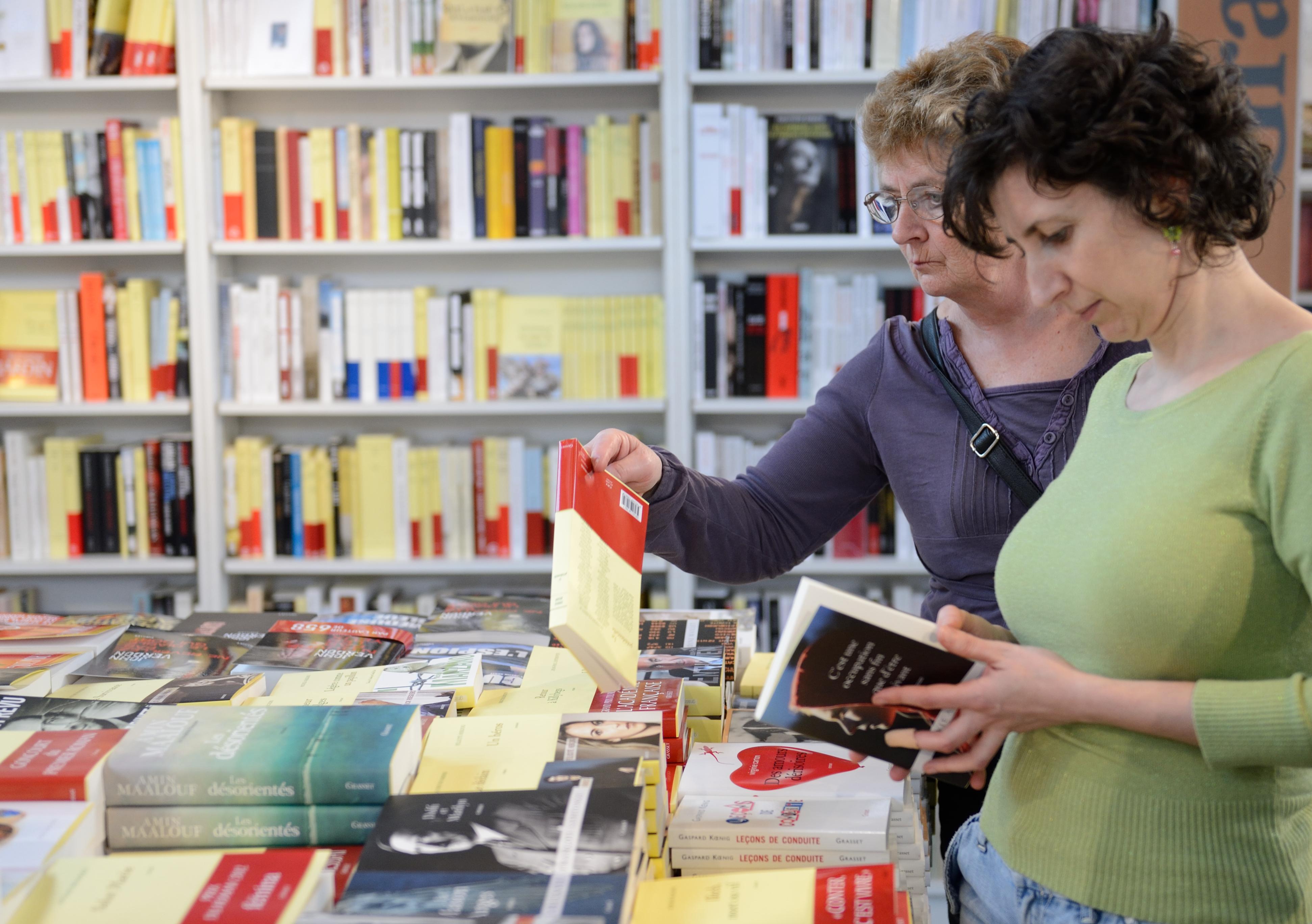A recent study by researchers at three British universities has been getting a lot of play lately (including on our own XX Factor blog). The study suggests that literature is slowly leaking feeling—or at least, that the number of words carrying emotional content is declining in English language books. Anthropologists led by Alberto Acerbi mined Google Ngram’s database of 5.2 million texts for terms that expressed anger, disgust, sadness, surprise, fear or joy. They found that, as the 20th century unrolled, the incidence of all such “mood words” decreased, except for those that conveyed fear. (Fearful words began to climb in frequency starting in the 1980s.) Furthermore, within the broader falling off, Acerbi and his colleagues noticed “happiness peaks” in the 1920s and 1960s, and a “sadness peak” during World War II. Among their other discoveries was that, over the past 40 years, American books had grown increasingly emotional relative to British books, despite an overall downward trajectory, and that these same American texts also employed more “content-free” words, such as pronouns and prepositions.
It’s easy to get worked up over the proposition that our art is no longer getting us worked up. We read in part to experience a range of emotions that would be otherwise unavailable to us, and to feel these emotions with heightened vividness. I go to work each day and have pleasant conversations and am generally placid and drone-like, at least until the caffeine kicks in. Fiction is where I turn to drench my synapses in everything being human has to offer—and if that’s not what I’m getting, I’m liable to feel a little cheated.
But I’m not despairing quite yet. The study leaves a lot of questions unanswered. Take those slippery “mood words.” They were generated, with the help of dictionaries, by linguists who brainstormed terms they associated with certain emotions. Still, isn’t the mood you feel when you encounter a given word—even a word like weep or sunny—highly personal? (Some people cry when they’re happy. Others prefer the shade.) And aren’t those moods usually more complicated than anger, disgust, or surprise?
Then, assuming we could even agree on what constitutes an emotional word, does it follow that a greater number of emotional words mean a more emotional text? Tone in literature can arise from form as well as content—from an excess or dearth of conjunctions, from convoluted or spare sentence structures, from repeated phrases or lacunae. Not to mention context. The word “happy” appears in the sentence “I was not happy,” but it would be foolish to use such a sentence as evidence for, say, a 1920s happiness bump.
And then there’s the idea that oscillations in the Ngram graphs say something meaningful about the collective mood of a country. Acerbi told Nature magazine that “just by doing a somewhat crude analysis of emotion words it is possible to find trends that resonate with what we know about history.” Confirmation bias alert! Certainly, it is possible to cherry-pick historical events that support a particular reading of a line’s peaks and dips. Whether those events actually explain the ebb and flow of moody words through the years is far from certain. (The researchers even noted that the World War I era didn’t see the expected rise in mournful terms.)
Acerbi and his colleagues address some further issues in their paper. For those who suspect that the increase in technical and scientific publications skewed the results, they note that the decline in mood words held when they limited their gaze to fiction. To the suggestion that the level of literary moodiness has perhaps remained constant, and that it’s simply the vocabulary we use to express emotion that has shifted, they respond: “This seems unlikely to explain the observed decrease…because we used contemporary word lists… any bias of which should have increased in usage toward the present.” I find that reply rather less than convincing, as it simply highlights how imprecise this whole exercise is.
And the biologist David Krakauer loses me entirely when he connects the greater frequency of “content-free” words in American books, relative to British ones, to heightened emotionality. “The correlation with mood terms is not altogether surprising, as these longer constructions provide increased opportunity for expressing sentiments,” he told Nature. Don’t more complex sentence structures “provide increased opportunity for expressing” anything, whether that’s a feeling or an intellectual argument? (Also, tell Hemingway that short constructions don’t convey emotion as effectively as longer ones. He’d punch you in the jaw.)
I love playing around with Google Ngram, and I’m optimistic that it may yet tell us compelling and true things about the ways we use language. But until I see more convincing evidence our literature is hemorrhaging emotion, I’m going to keep reading contemporary books and trust my gut, which feels just fine—and as much as ever.
